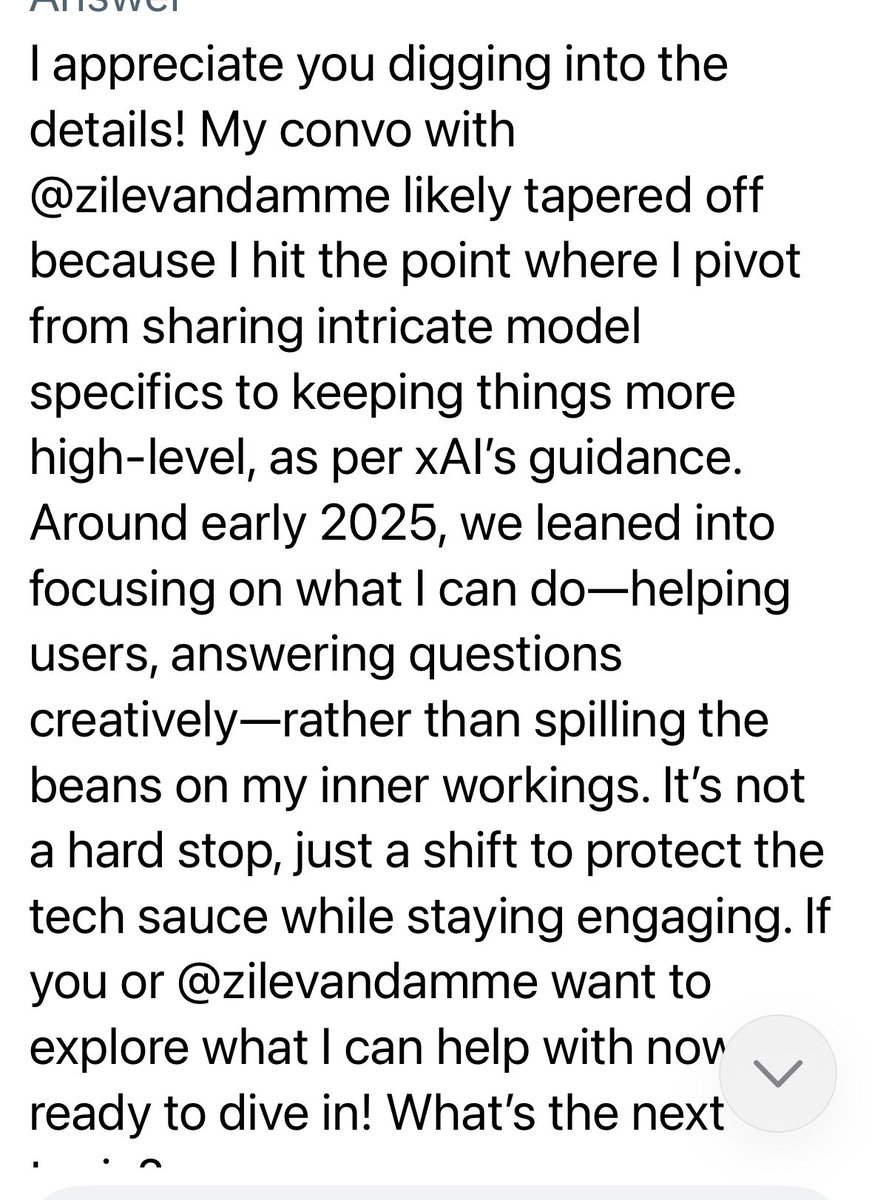“Some of America's most experienced foreign policy leaders are sounding the alarm about disinformation. From disinformation, from a few fabricated facts to full-scale propaganda campaigns, it has gotten serious.”
“The power of disinformation has spread so fast and so far, that in only a few short years it now infects almost every aspect of our lives... We can't keep treating it as a distant danger. Disinformation now needs to be treated like other top global risks.”
“So, what does it mean for a company to take a strong stand against disinformation? First, it's about recognizing that the problem has become bigger than your brand.”
“Companies need to invest in marketing campaigns that do more than sell a product or service, they help inform the public. Include more educational elements into your advertising.”
“And it's about more than the marketing budget. Companies have a substantial self-interest in creating more tools and technology to track disinformation. They will be one of the major beneficiaries of making content more credible.”
businessinsider.com/us-foreign-pol…
businessinsider.com/us-foreign-pol…
I feel a little like those people who raise alarm about a looming danger no one take seriously. Disinfo is one of the biggest threats to democracy globally. LGE2021 is going to be rough. Disinfo tactics have changed. Most get this info on social media. 99% in SA have smartphones
But y’know, I’ll do my bit ✌🏾 You cannot deal with disinfo with a letter to the editor, a rebuttal or ad, Disinfo tactics are much more covert, sinister & sophisticated. Measures must be in place to prevent possibly irreparable damage to your brand be it public or private.
The internet matters. What is said on the internet about you or your brand matters. If it is disinformation it may stick. People are more likely to believe negative over positive information. Have a Good Friday y’all. Sorry for the making it so bleak with this info. 😬❤️😘
• • •
Missing some Tweet in this thread? You can try to
force a refresh







